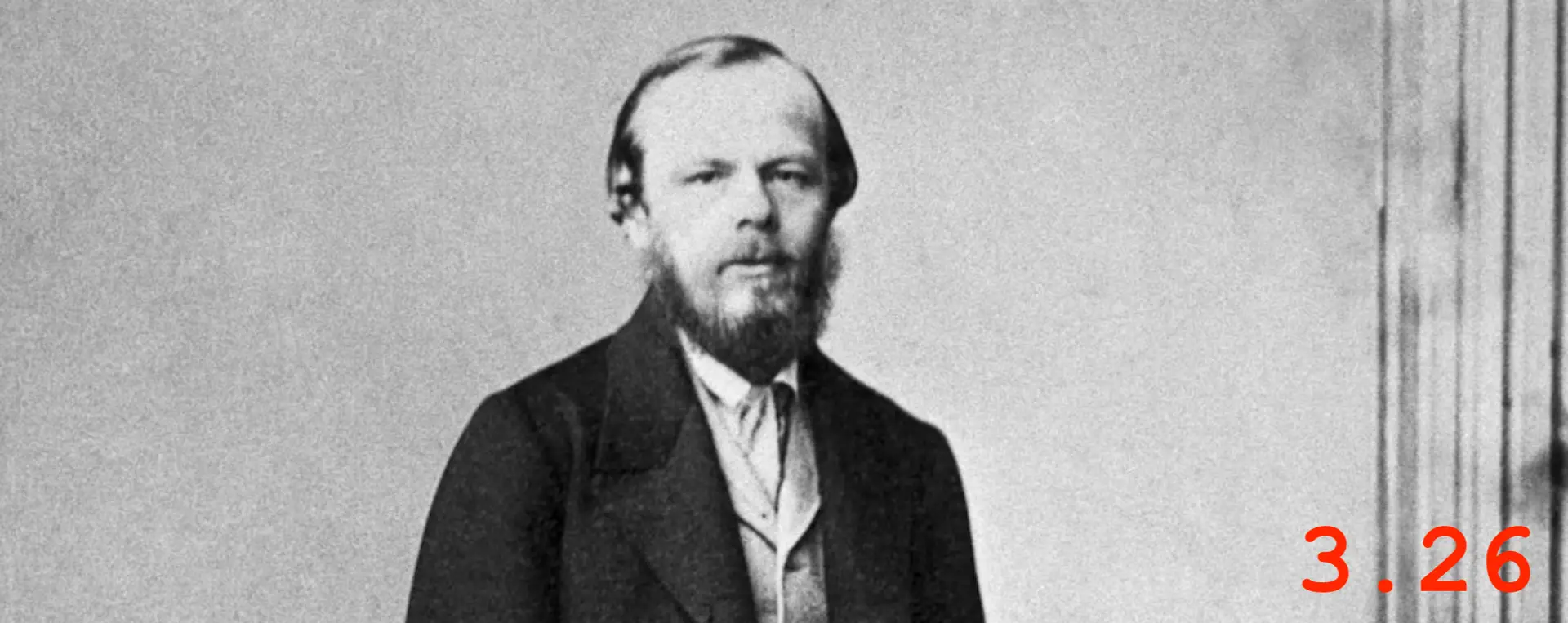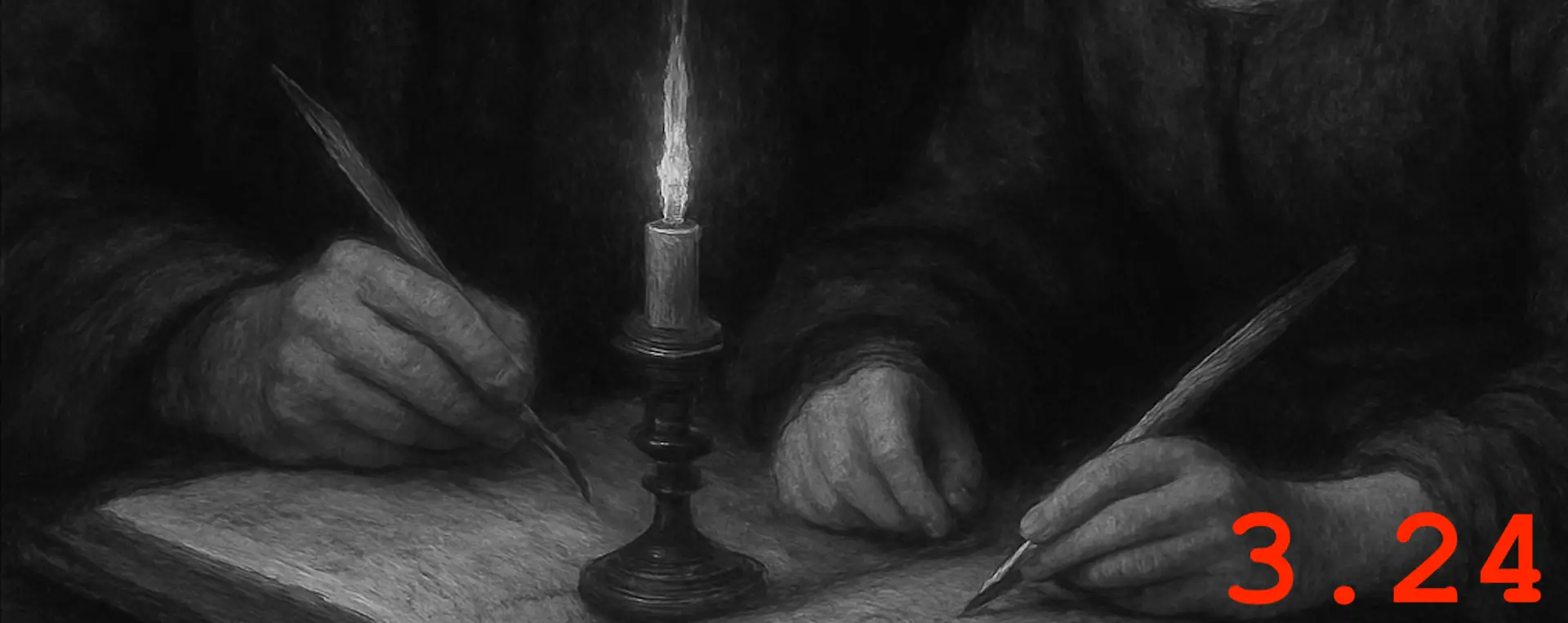Authorial voice can play a larger-than-expected role in thought leadership on complex topics, even in sophisticated areas such as institutional finance. Voice is carried forward by word choice, sentence structure, rhythm, point of view, and overall approach to storytelling or exposition.
Experienced writers also typically have distinctive qualities in their voice, from tone and pacing to the use of narrative, imagery, figures of speech, and pacing. For thought leaders, those elements can act as a kind of fingerprint. They become recognizable signals of the writer’s authority and credibility.
And part of the nuance in corporate thought leadership is allowing individual voices to shine through while remaining aligned with brand values and mission. People trust people. A unique voice helps thought leaders build trust with their audience.
At the same time, individual voice also must resonate with key themes, values, and strategic objectives that should be reflected in all communications under a corporate brand. Clear messaging guidelines and collaborative creation are indispensable.
Nevertheless, writers can learn a lot by scrutinizing what other writers do with voice. Even though fiction offers more latitude in voice, analyzing how writers master vocal techniques can make anyone a better writer.
With that preface in mind, my goal here is to share things to read, hear, or see, presented through the lens of thought leadership and ideas-led growth. Without planning to do so, I just finished reading three brilliant voice lessons in a row.

Jennifer Croft is a translator of Polish fiction, including the work of Nobel-prize winner Olga Tokarczuk. Croft also writes original fiction, including her most recent, The Extinction of Irena Rey. In the novel, eight translators with cult-like devotion to a reclusive Polish author (fictional but in some ways reminiscent of Tokarczuk) convene to translate her career masterpiece. The novelist disappears, leaving behind confusion and clues. Croft narrates the novel in the voice of the Spanish translator, yet through the perspective of the English translator’s translation of the Spanish memoir, with translator’s footnotes that put both of their credibility into question. Somehow, it’s a brisk page-turner at the same time.

Helen DeWitt is a cuttingly satirical and intellectually rigorous novelist whose novella The English Understand Wool essentially forced me to read it twice. The first run-through was for the delight of reading. The second was trying to figure out exactly how she pulled it off. Some have described it as a biting critique of the publishing industry. I think it strikes even more deeply than that—perhaps it closes the loop I opened by mentioning how to reconcile personal and brand voice.

Kathleen Hanna’s memoir Rebel Girl: My Life as a Feminist Punk is all about finding one’s voice. Hanna is the pioneering frontwoman of bands including Bikini Kill and Le Tigre. Her art and activism emerge from challenging personal and cultural trauma as she challenges misogyny without compromise.

Fantasmas is sketch comedy but tied together with a surreal narrative through the eyes of the main character, played by series creator Julio Torres. He plays a character whose job is being “Julio”—someone who can feel the inner lives of shapes, colors, sounds, and letters but is allergic to the color yellow. In one vignette from Episode 2, Jaboukie Young-White plays a fading influencer, with Dominique Jackson as the malevolent algorithm literally holding him by the throat.




